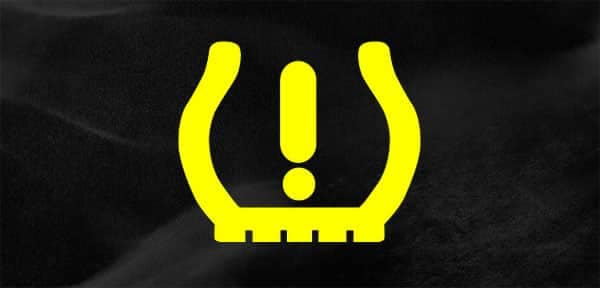Posted on 3/3/2020
After driving your vehicle for years, you get accustomed to the way it drives and the sounds it makes. So when you hear a sound that is off, you may be alarmed and unsure if your vehicle needs a repair or not. Depending on the sound, your vehicle could be letting you know that something is amiss. It also depends on when you hear the noise, whether it just starts happening nonstop or if it only happens when you step on the brakes or start your car. Lets take a look at some of the common car noises and what they can indicate. A screeching noise under the hood can indicate a worn serpentine belt or a faulty engine pulley. The screeching sound will be respective, almost like you hear the noise every time the belt goes around once. Belts are extremely important and will need to be replaced at the first sign of wear, because a broken belt means a broken down vehicle. A hissing noise under the hood can indicate a broken hose. A broken hose can be the source of a fluid leak ... read more
Posted on 1/31/2020

The TPMS warning light, seen above, is your vehicle's Tire Pressure Monitoring System warning light. When this light turns on, your vehicle is letting you know that it has detected that one or more of your tires has low tire pressure. Proper tire inflation is important for a number of reasons. It is vital for proper handling, longer tire life, optimal fuel efficiency, and increasing your ability to drive safely in all weather conditions. You see this warning light come on and wonder, is it safe to drive with the TPMS warning light on? If the light has just turned on and you need to find your way to our shop or to an air pump, you should be fine. However, continuing to drive your car with the light on is not safe. Here's why! When you drive your vehicle with low tire pressure, you are causing your tire to wear down excessively and prematurely. This is eventually going to cost you a new tire much sooner than you would have if you had the proper tire inflation. You ... read more